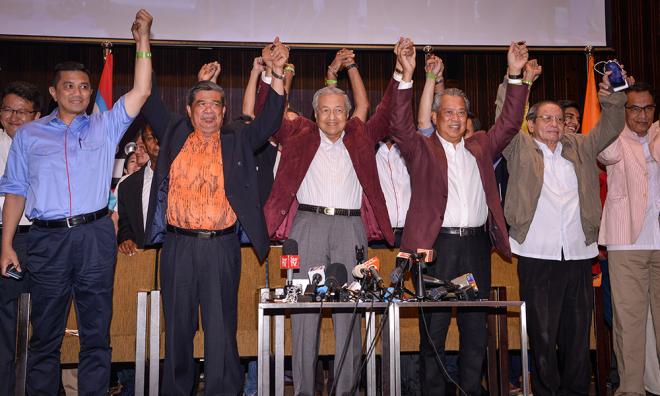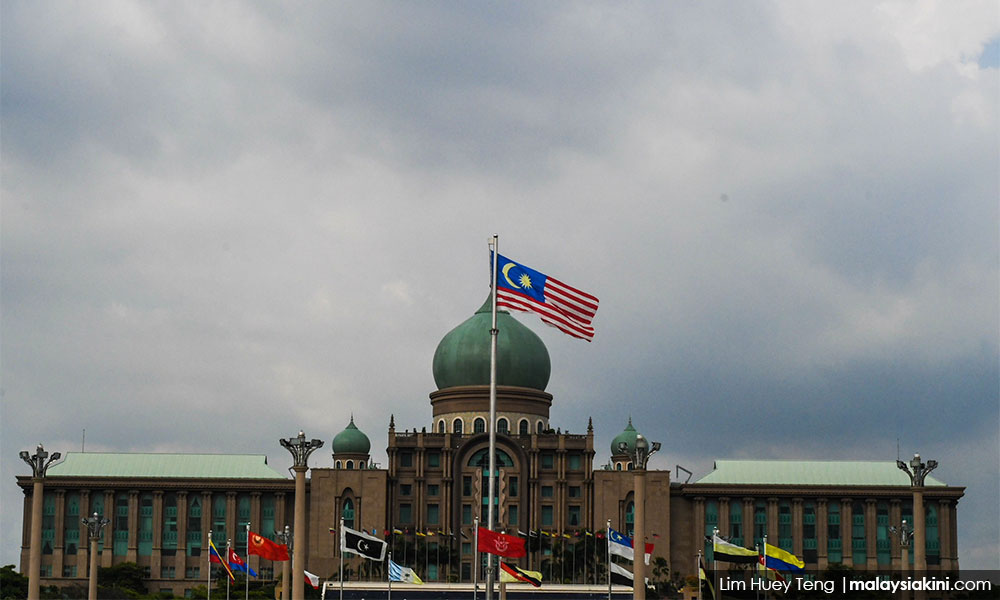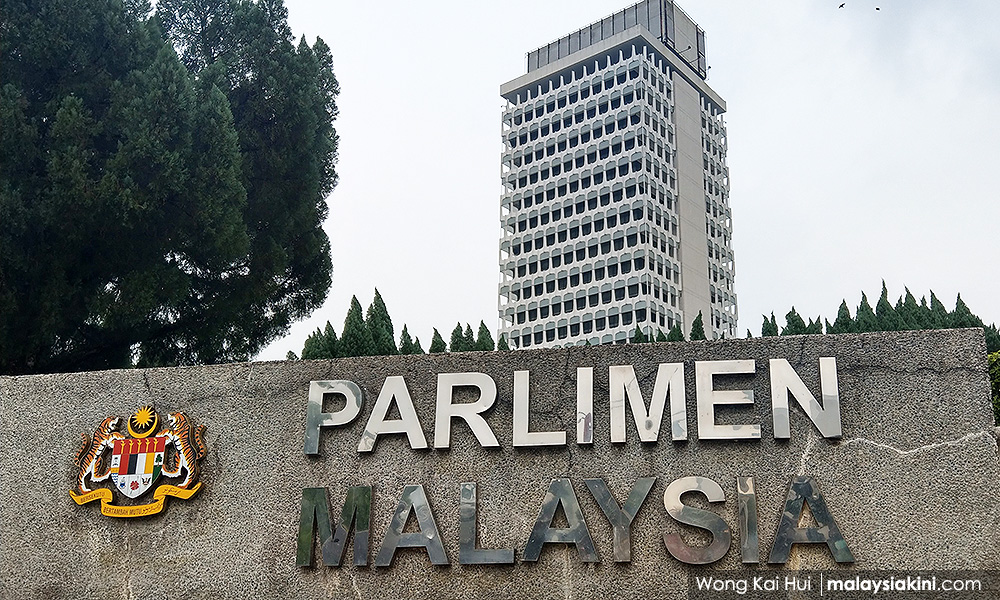
Bersih has chastised the Pakatan Harapan government for not delivering on enough of its election promises, as well as allowing a culture of gutter politics and polarising racial and religious narratives to thrive.
Harapan should start prioritising promises to reform key institutions so that it can be truly independent and function as effective check and balance to any future kleptocratic and abusive government, the elections watchdog body said in a statement today.
"It has been more than 19 months since Harapan took over the government and we have seen little substantive fulfilment of their election manifesto's 'Pillar 2' promise to reform the institutions and political structures of this country.
"Instead of fulfilling the people's expectation of a 'Malaysia Baru', we are fed with gutter politics, power struggles, political intrigues and racial and religious rhetoric that is destabilising our country and causing the dissipation of hope among voters who voted for change," warned Bersih, formally known as the Coalition for Clean and Fair Elections.
"It is now an open secret that there is a power struggle as to who will replace the 94-year-old Prime Minister Dr Mahathir Mohamad when he steps down or demises in office," Bersih said.
"As such, it is the Harapan presidential council that should restore political stability by announcing a clear transition plan with a set date.
"We opine that in our Westminster system of parliamentary democracy, it is not for the incumbent PM to choose his successor or even set the date for transition but for the parties in the coalition government to make the decision," it said.

It was not all brickbats, however, as Bersih acknowledged that the government had ushered in a new era of freedom, rule of law, public engagement and accessibility since taking office.
"The media is freer and there is a greater tolerance of dissenting voices from the opposition and civil society. As far as can be observed, institutions like the judiciary, MACC and the Election Commission are functioning with more independence and less executive interference."
Bersih also lauded the setting up of 10 parliamentary select committees (PSC), saying that Parliament was undergoing internal reforms that are empowering it to serve as an effective check and balance to the Executive.
Through the formation of special committees like the Council of Eminent Persons (CEP), Institutional Reforms Committee (IRC) and the Electoral Reform Committee (ERC), the Harapan government has reached out to the public for feedback and consultation on areas that needed reform, it added, while calling for more progress.
"While these new freedoms, separation of powers and openness are most welcomed, they do not go far enough unless amendments to laws are made and the reforms are institutionalised.
"New laws are also needed to strengthen the institutions and governance of this country and some laws have to be repealed.
Bersih said that the restoration of political stability by the Harapan government was critical to reform.
"Any reconfiguration of the ruling coalition will either dilute the reform agenda or totally nullify it and as such, must be totally rejected.
"The people voted for a new government and for change based on what was promised in the Harapan manifesto and any attempt to scuttle the reforms would be a betrayal of the people's will," Bersih said.
It proposed a series of urgent reforms, saying that most of the 19 promises on institutional and political reforms under Pillar 2 of the Harapan 14th general election manifesto are unfulfilled.

It said that key among them is to limit the term and power of the prime minister (Promise 12), reform of the MACC (Promise 14), separating the office of the attorney-general and public prosecutor (Promise 15), restoring dignity of Parliament (16), reform of the election system (17), enacting political financing law (18), restoring public trust in judicial and legal institutions (19), freeing GLCs from political patronage (22), reviving the true spirit of federalism (24), strengthening local democracy (25) and abolishing oppressive laws (27).
"Many of these reforms can be achieved without amendments to the Federal Constitution, which require a parliamentary two-thirds majority and where constitutional amendments are required, the opposition should be persuaded to support it as any reform that can counter-balance a government's power will be in their interest as well.
"Such institutional reforms do not require financial resources to fulfil and where resources are needed to ensure the independence of institutions, this is money well allocated to ensure that no government can commit grand larceny of the nation's wealth," it added.
Bersih called for more parliamentary sitting days to carry out all the needed amendments, repeals and enactment of new laws, proposing that the Dewan Rakyat should sit for a minimum of 100 days per year until all needed legislative reforms are carried out.
"This was clearly promised in Promise 16 of the manifesto and yet Parliament only sat for 68 days in 2019," it said.
It reminded the Harapan government that time was running out for it to deliver on its promises and that it could miss a golden opportunity to repair the damaged institutions of this country and leave Malaysia vulnerable to another kleptocratic government. - Mkini



No comments:
Post a Comment
Note: Only a member of this blog may post a comment.